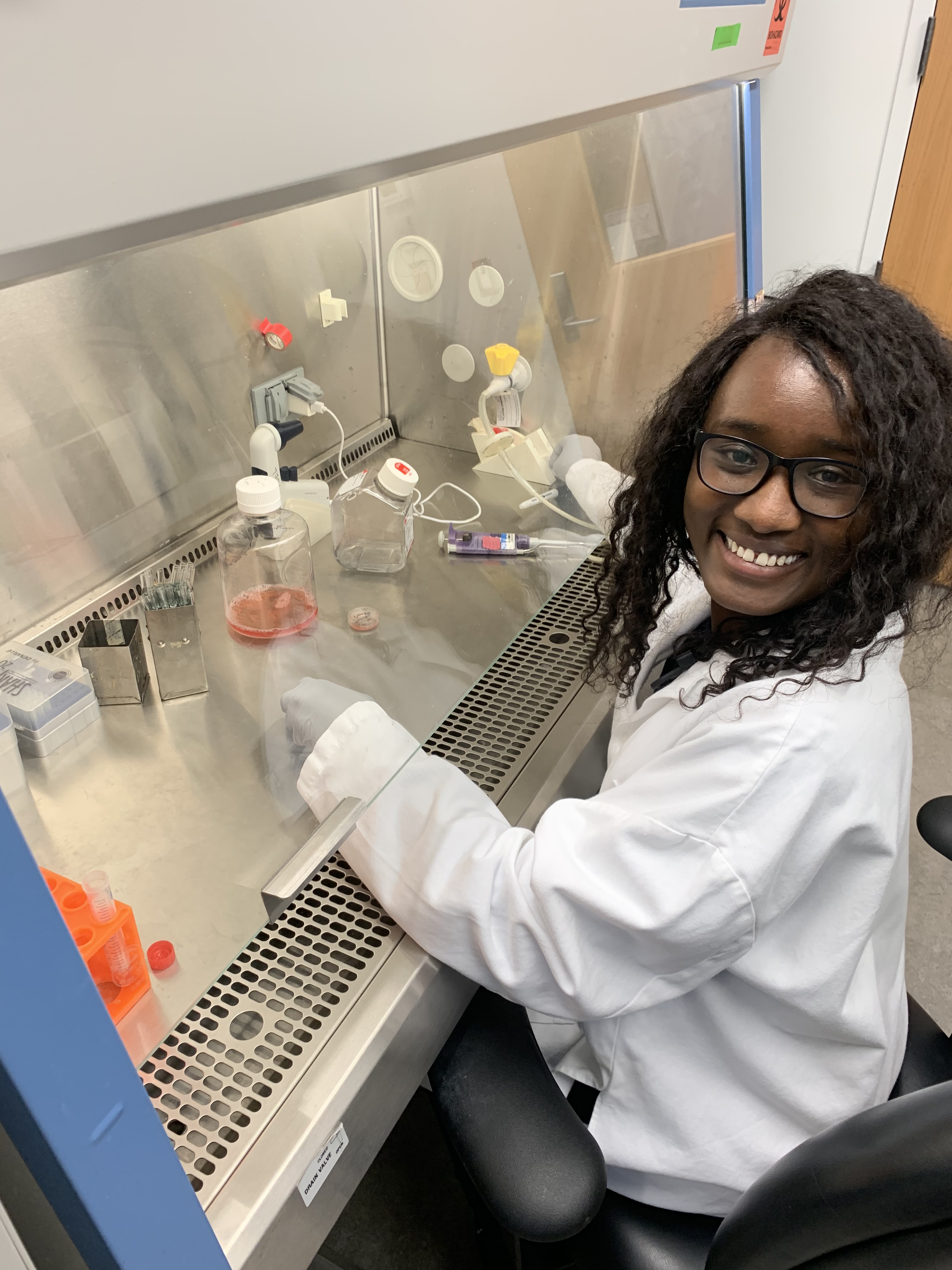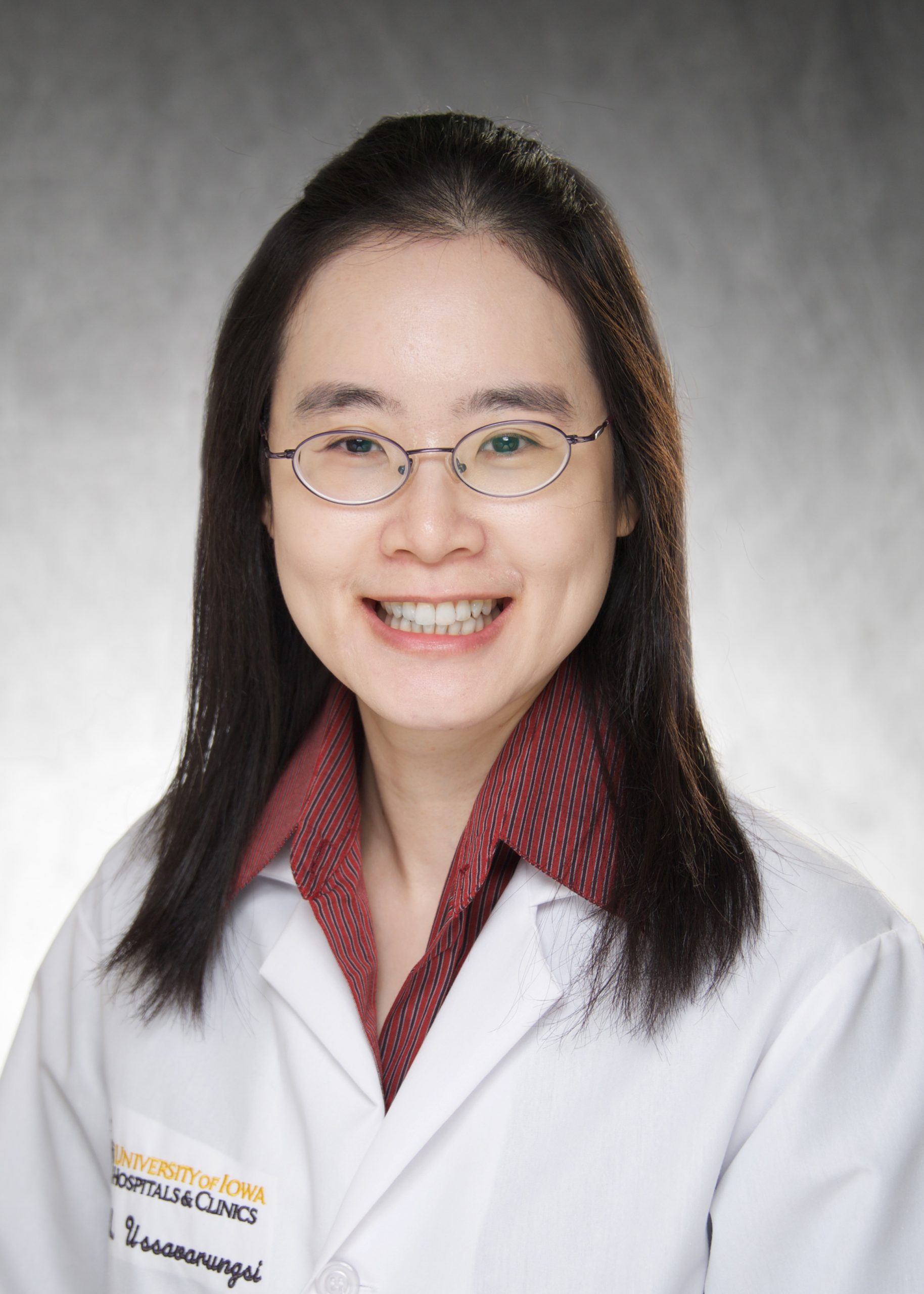Summer is winding down, fall is knocking at the door, and the academic year across campus is getting into full gear. We welcome undergraduates, both the returning ones as well as those just finishing their first full-week of college ever, and of course our new medical students. This yearly cycle of transitions reminds me of our mission to train and equip the next generation. For all of our faculty, the work of our research programs does not always fit neatly into an annual cycle per se. However, I invite everyone to seize the opportunity to encourage all learners, undergrads, medical students and, of course, our residents to consider the research opportunities available that fit with their long-term career goals. I know that many of our trainees are interested in a career in the sciences and many will be applying to work in one of our research labs.

At the beginning of the summer we published an overview of the resources that exist on campus available to encourage undergraduate success in our labs. Over the following months, we also featured more in-depth profiles of some of those nearly 100 students who work in Internal Medicine research, including those who are underrepresented in academic medicine careers and science in general. Moreover, the extensive successes that each of them has achieved demonstrates that all are capable of excellence. It is my understanding that we have a couple more profiles to share next month before the series concludes. As I said when the series began, it is my hope that our faculty researchers consider opportunities to fulfill the curiosity of all our learners on campus. In particular, think not only of ways that students, whether medical or undergraduate, can assist your research programs, but also remember our commitment to offering meaningful research experiences to our residents as part of our outstanding training program, and to integrate our subspecialty fellows and even our clinical-oriented junior faculty members into strengthening our community of scholarship.

Examples of how we can innovate in training the next generation can often be found outside the institution. This is what makes our involvement in professional societies so critical. We will continue to showcase the good work we do at Iowa but we will also share stories about ways our department is involving trainees as they give presentations at various upcoming meetings. In addition to leveraging opportunities for collaboration on new ideas our participation on the national stage will spread the word about the impact of Iowa, a small state, which I believe punches well above its weight. We will also celebrate how our faculty and trainees continue to enact positive change at the national level. As an active member of the Endocrine Society for decades and as its current president, I have been fortunate to help drive change in our subspecialty by actively encouraging the development of programs by which we can increase diversity in the life sciences and the number of minority scientists in our field. This recent piece in Endocrine News details some of the ways that work has been accomplished. I encourage us all to look at examples such as these both for ways that we can influence change, but also that we can bring that same energy and spirit of change back to our own community here.
Diversity of ideas and innovation in efforts can be found throughout the department and certainly in almost every corner of the Section of Hematology within our Hematology, Oncology, and Blood & Marrow Transplantation division. Last December, we reorganized the division into two sections, Hematology, now directed by Dr. Steven Lentz, and Oncology, directed by Dr. Mohammed Milhem. Though we are only about 8 months into this new organization, it is clear that this change has catalyzed creativity and increased the pace of expansion. Readers can judge for themselves in this comprehensive update from Dr. Lentz. I am grateful for Dr. Lentz’s leadership, not only of this section, but also of our Medical Scientist Training Program, which is thriving in a time when many programs around the country are contracting.

